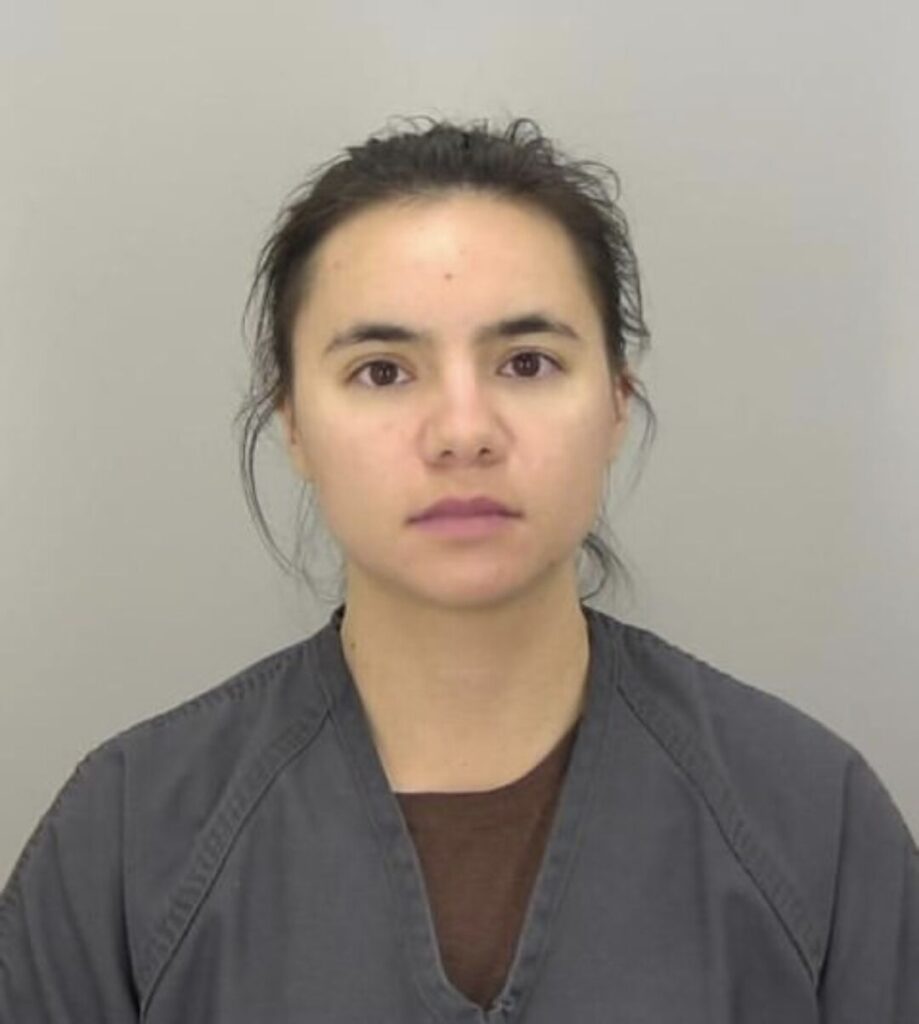Justices clear Colorado counties of obligation to enroll children in tribal nations

Colorado counties have no obligation to help enroll children in tribal nations, the Colorado Supreme Court decided on Monday, while at the same time suggesting it may be wise for localities to take on the burden voluntarily.
The ruling interpreted the requirements of the Indian Child Welfare Act, a law Congress passed in 1978 amid estimates that up to 35% of Indigenous children were living in non-tribal homes and institutions. In part, ICWA guaranteed the ability for tribes to be involved in custody proceedings of its members, and recognized tribal interests in child welfare decisions.
Under ICWA, an “Indian child” must be a current member of a tribe or the biological child of a tribal member, with the child being eligible for membership themselves. The law does not define tribal citizenship, and leaves that determination to each individual nation.
Although federal law outlines the type of efforts that local or state governments must make to keep an Indian child united with their family, including tribal notification, there is not a requirement to offer enrollment assistance for children who are not yet tribal citizens.
“That said,” clarified Justice Richard L. Gabriel in the Court’s opinion, “we hasten to add that we in no way intend to foreclose a human services department from providing such assistance or from advising respondent parents as to the ramifications (and potential benefits) of their children’s enrollment in a tribal nation. Indeed, in a given case, it might well be the best practice to do so.”
Kathryn Fort, director of the Indian Law Clinic at Michigan State University College of Law, said the case at hand was unique in her experience, and it would be helpful for the state legislature to clarify the issue.
“Congress hasn’t amended ICWA in more than 40 years, so I think it is unlikely there would be a change like that at the federal [level],” she said.
In the underlying case, twins K.C. and L.C. tested positive for marijuana at birth, prompting the Logan County Department of Human Services to begin proceedings to remove the children from their home. The children’s father was not a member of any tribe, but indicated he had Chickasaw heritage. Subsequently, the department sent notices to the Chickasaw Nation, which in turn responded that the children were not tribal citizens.
However, the Chickasaw Nation indicated K.C. and L.C. were eligible for tribal membership because their paternal grandfather was an enrolled citizen. It requested Logan County assist with enrolling the children.
“[W]e have a vested interest in the welfare of children who are eligible for citizenship with the Chickasaw Nation,” the tribe wrote.
But the department did not do so, and the district court judge later found ICWA did not apply because the parents had taken no steps to enroll the children into the tribe. The children’s mother appealed, citing the county’s failure to help enroll the children and gain the protections of ICWA.
In May of last year, a Court of Appeals panel ordered the matter back to the district court to determine whether it was in the best interests of the children to enroll them as tribal citizens. The appellate judges also had “little trouble deciding that a department’s ICWA-mandated due diligence necessarily includes the requirement that it timely inform the juvenile court of tribal interest in obtaining citizenship or membership for an enrollment-eligible child,” Senior Judge Janice B. Davidson noted.
The Supreme Court reversed the appellate panel’s decision, finding nothing in ICWA or in Colorado state law required the type of hearing the panel ordered for K.C. and L.C.
“To the contrary, ICWA simply does not apply when the children before the court are not Indian children,” Gabriel concluded, “and we perceive no basis to engraft onto that statute a requirement for an enrollment hearing for children who are definitively not Indian children under ICWA.”
Gabriel added that he understood the Court of Appeals’ desire to fulfill the spirit of ICWA, but requiring a hearing to determine if enrollment is in the children’s best interest is “a matter better left to Congress.”
As to Logan County’s obligations to the children, the Court was satisfied that the department fulfilled its duty under Colorado law by simply inquiring about the citizenship status, and receiving an answer in the negative.
ICWA came about after a congressionally-established commission found that removing Indigenous children from their households was a means of destroying tribal culture and structure under the guise of “civilizing Indians.” It was “baseline racism to assume that because a culture is different from the dominant culture it is inferior,” the commission wrote in its report.
Nationwide, approximately 200 cases involving ICWA are appealed each year, including for insufficient efforts to notify the relevant tribes in custody proceedings. At oral argument before the justices earlier this year, Assistant Logan County Attorney Kimberlee Keleher contended county agencies and judges were not best suited to determine whether tribal enrollment should occur.
“The department should not be in a position of creating in any way — or assisting in creating — this political relationship between a child and a tribe,” Keleher told the court.
In a concurring opinion for the K.C. and L.C. case, Chief Justice Brian D. Boatright departed from that assessment, indicating he would actually deem it a responsibility of local governments to educate parents about the benefits of enrolling children as tribal members, and assist them in doing so.
“[I]f parents are unfamiliar with the tribe and the potential services that it can provide, then the parents cannot make an informed decision about enrolling their children,” he wrote. Boatright justified his reading of the law by pointing to existing obligations to provide individual case plans and referral services.
Fort, who represented the Chickasaw Nation before the Supreme Court, agreed that a tribal enrollment hearing was unnecessary, but praised the concurring opinion for understanding the benefits that accrue to member of a tribe once enrolled — which could include treaty rights, religious protections and the positive effects on a tribal youth’s identity.
“While we obviously hoped [Boatright] could have garnered a majority for his reasoning, we are happy he decided to propose that idea in his concurrence,” she added.
The case is People in the Interest of K.C. and L.C.













